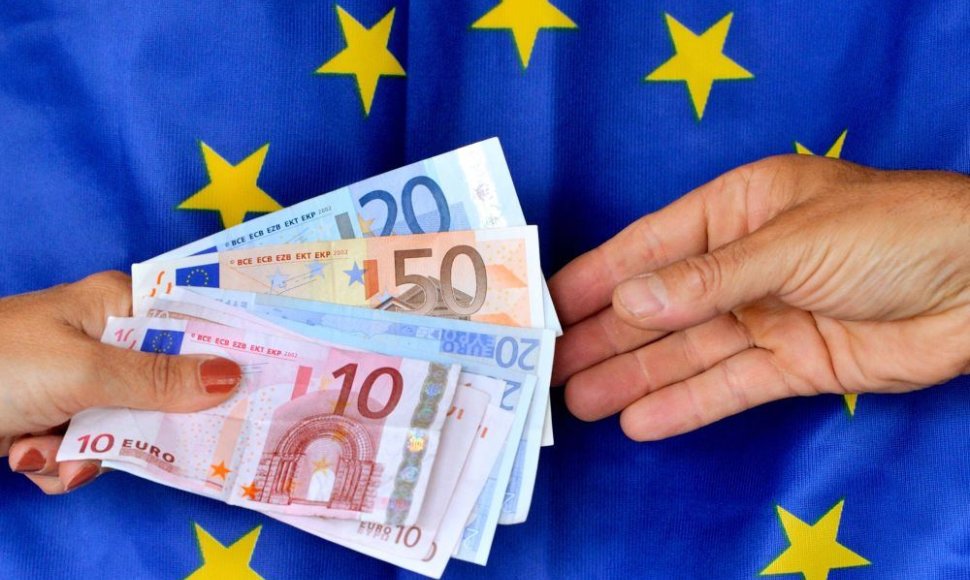"2014 would probably be too early. A high inflation rate might proove a hindrance, but some time around 2015-2016 is very likely," Grybauskaitė told Brussels journalists after arriving at the summit of the European Union (EU).
Lithuania's newly-appointed Prime Minister Algirdas Butkevičius of the Social Democratic Party has said that the country should enter the euro zone in 2015, while the former government of Andrius Kubilius had set the accession date for 2014, to coincide with neighboring Latvia's entry.
Some 17 out of the EU's 27 member-states currently have the euro. To adopt the currency, a country is required to meet the so-called Maastricht criteria on deficit of public finances, inflation, and debts. High inflation barred Lithuania from joining the euro zone in early 2007.
The debt crisis in the euro zone has pulled down public support for the currency change, although the new administration believes Lithuania would benefit from having the currency, which is used in dealing with all key trade partners of Lithuania. Furthermore, the euro would boost investor trust and allow cheaper borrowing on the capital markets.












